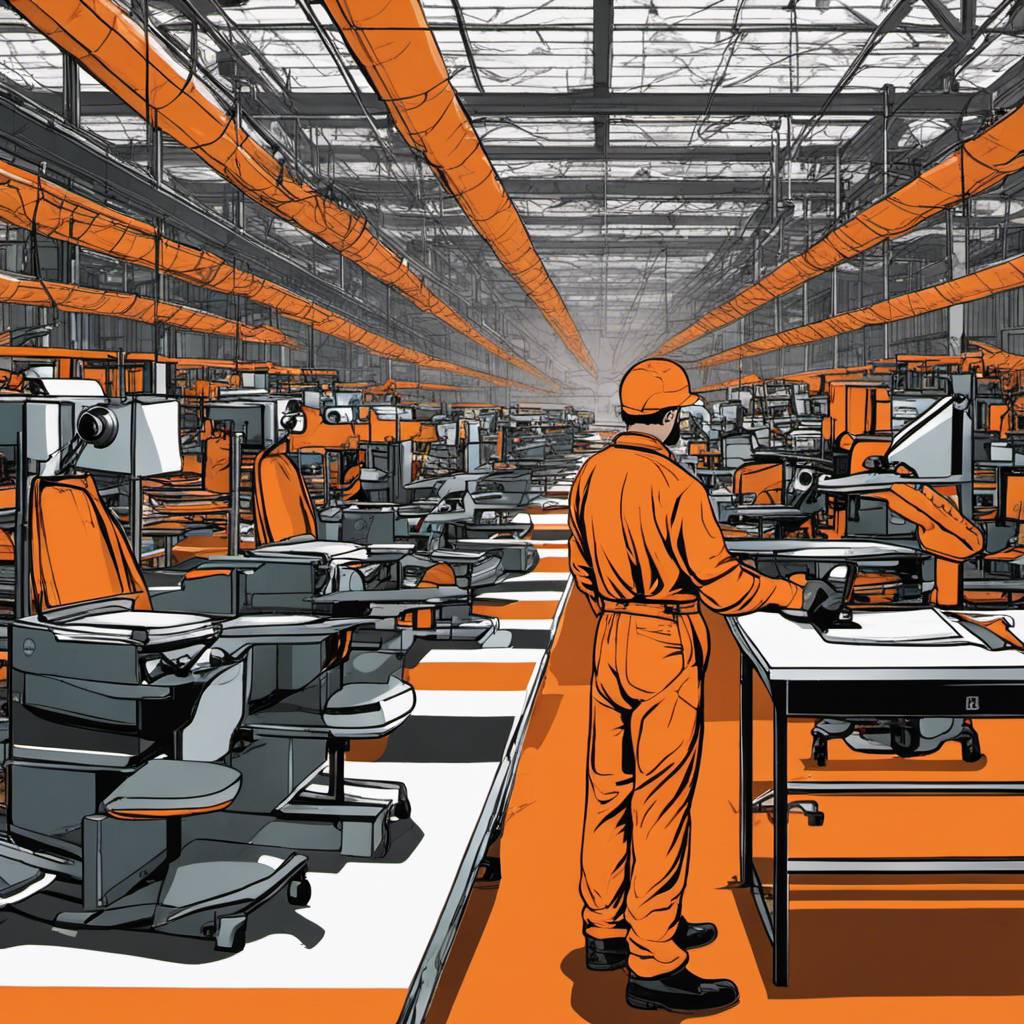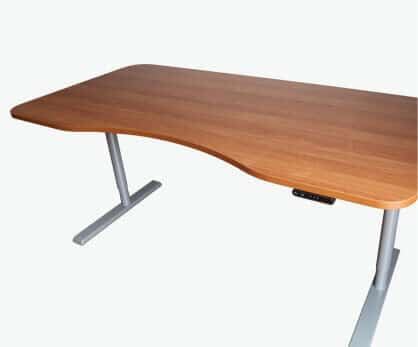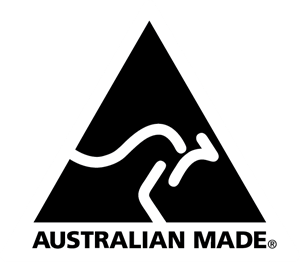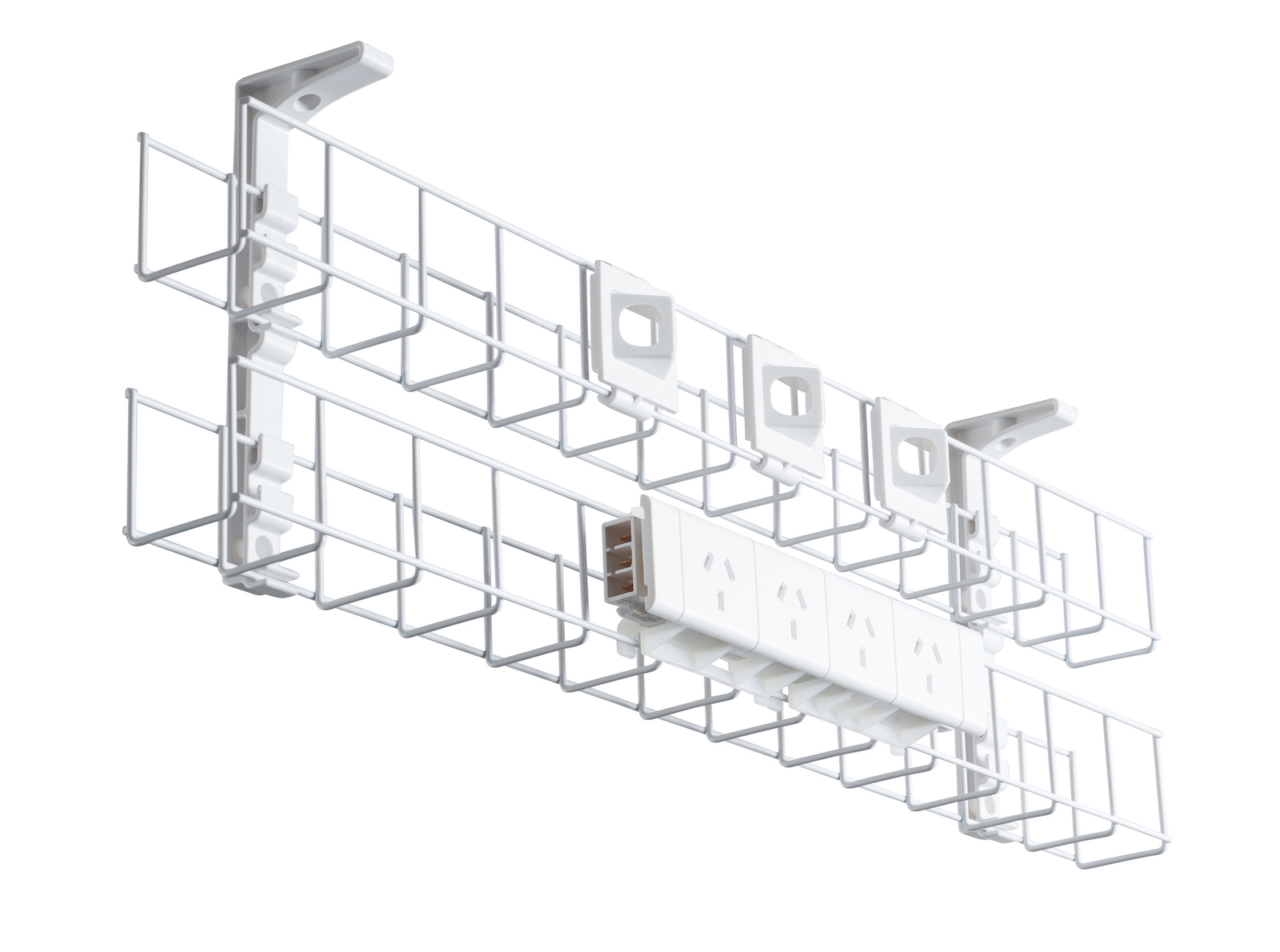
Corcraft’s Use of Prison Labor for Office Products Under Scrutiny
Corcraft, New York’s “preferred source” for office supplies, has recently come under the microscope for its controversial use of prison labor. A typical tour of a public school or city office would reveal an array of products from metal signage to adjustable standing desks, all supplied by Corcraft. This organization, an obscure division of the New York state Department of Corrections and Community Supervision, relies heavily on the labor of inmates who earn a mere pittance per hour.
These products, manufactured by incarcerated individuals, are sold at market value or sometimes even higher. Corcraft enjoys a “preferred source” status under state law. This means that public institutions such as state and county agencies, educational institutions, police and fire departments, and certain nonprofits are mandated to purchase goods from Corcraft if they offer a comparable product.
This “preferred source” status offers a benefit to these institutions by eliminating the need for a lengthy bidding process for everyday items. However, it also raises several concerns. The most glaring issue is that Corcraft’s uncontested “preferred source” status has effectively granted them a monopoly over taxpayer-funded items such as furniture, signage, and cleaning supplies that our public institutions depend on.
Furthermore, the earnings of the inmates manufacturing these products are shockingly low compared to the prices these items are sold at. Recent data indicates that the average earnings for these incarcerated workers are a meager 65 cents per hour.
This disparity between the cost of labor and the selling price of the products is particularly evident in the case of items like the electric height adjustable standing desk. These desks, which are becoming increasingly popular due to their health benefits, are sold at premium prices despite being manufactured at a fraction of the cost.
The best sit stand desk can transform an office space, promoting better posture and reducing the risk of health issues associated with prolonged sitting. However, customers who choose to buy these desks from Corcraft may be unaware of the questionable labor practices behind their manufacture.
The use of prison labor in manufacturing is not a new issue, but it is one that deserves renewed attention. The ethical implications of this practice are complex and multifaceted. On one hand, it provides inmates with a productive way to spend their time and an opportunity to learn valuable skills. On the other hand, the low wages they earn and the high prices at which their products are sold raise questions about exploitation and fairness.
Corcraft’s business model also raises concerns about competition. By mandating that public institutions purchase from Corcraft, the state effectively eliminates competition, potentially leading to higher prices and lower quality products. For instance, a school looking for a TV lift for their multimedia room may find better quality and more affordable options elsewhere, but they are required to purchase from Corcraft if they offer a comparable product.
In conclusion, while Corcraft’s use of prison labor raises some valid concerns, it is a complex issue that requires careful consideration. It is crucial that we balance the need for providing inmates with meaningful employment and skill-building opportunities with the necessity of ensuring fair wages and competitive pricing for the public institutions that rely on these products.





